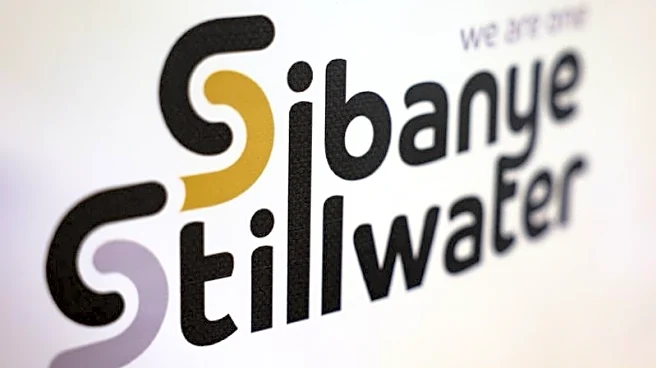What's Happening?
A study conducted by Capitalize and the Center for Retirement Research at Boston College has uncovered that $2.1 trillion is left unclaimed in forgotten 401(k) accounts, with an average balance of $66,691. This revelation presents homeowners with the temptation to use these funds to pay off mortgages early. However, experts caution against tapping into retirement savings due to potential risks such as taxes, penalties, and lost compounding growth. The study suggests that consolidating and reinvesting these forgotten funds could be a more prudent strategy, allowing them to grow over time. While draining a 401(k) to pay off a mortgage is generally discouraged, it may be considered in specific cases, such as for older homeowners with substantial savings.
Why It's Important?
The discovery of substantial unclaimed 401(k) funds could significantly impact financial planning for many Americans, particularly homeowners facing high housing costs. While the idea of using these funds to alleviate mortgage burdens is appealing, it poses risks to long-term financial security. The potential loss of retirement savings growth and the penalties associated with early withdrawal could outweigh the immediate benefits of mortgage repayment. This situation underscores the importance of careful financial planning and consultation with advisors to ensure that decisions made today do not negatively affect future financial stability.
What's Next?
Homeowners and financial planners may need to reassess strategies for managing retirement savings and mortgage payments. The study highlights the importance of consolidating forgotten 401(k) accounts and considering alternative strategies to preserve retirement savings. First-time homebuyers might explore rolling over forgotten 401(k) funds into an IRA, allowing penalty-free withdrawals for home purchases. As individuals become more aware of these unclaimed funds, financial advisors are likely to play a crucial role in guiding clients through the complexities of retirement planning and mortgage management.
Beyond the Headlines
The ethical implications of tapping into retirement savings for immediate financial relief raise questions about the balance between short-term needs and long-term security. This development may prompt discussions on the adequacy of financial literacy and planning resources available to the public. Additionally, it could lead to policy considerations regarding the management and accessibility of retirement funds, aiming to protect individuals from making detrimental financial decisions.










